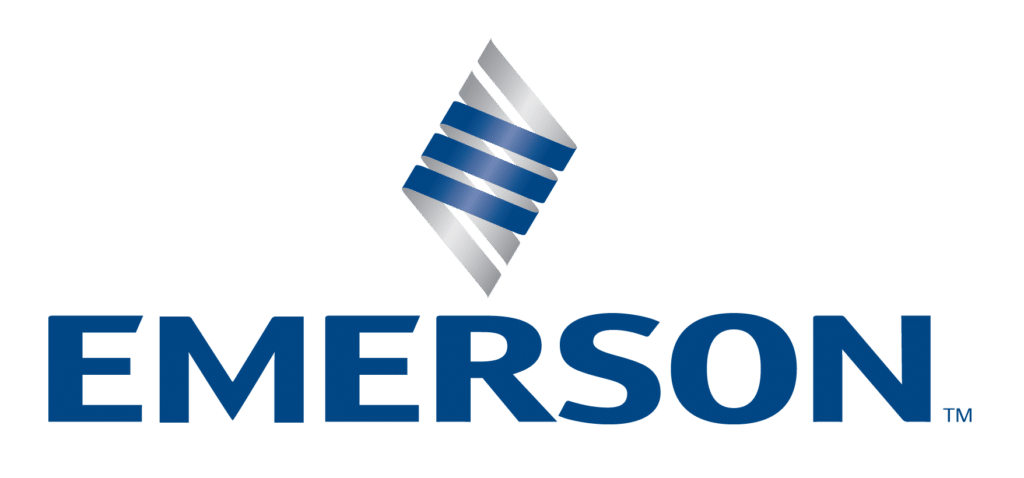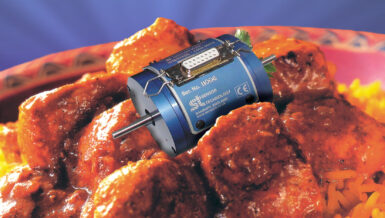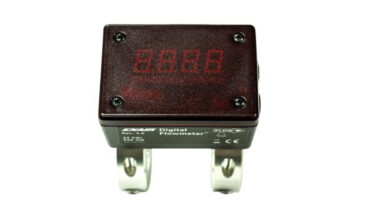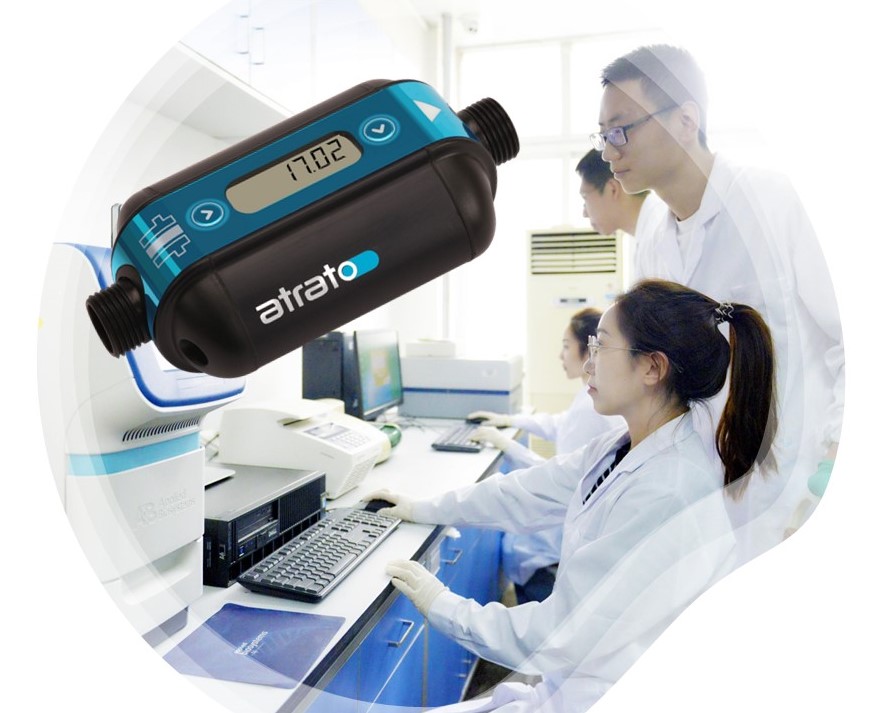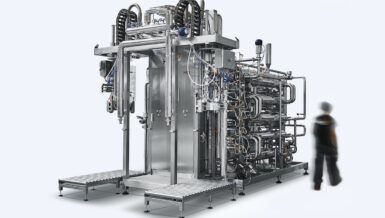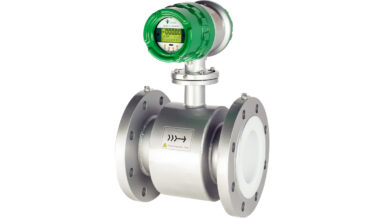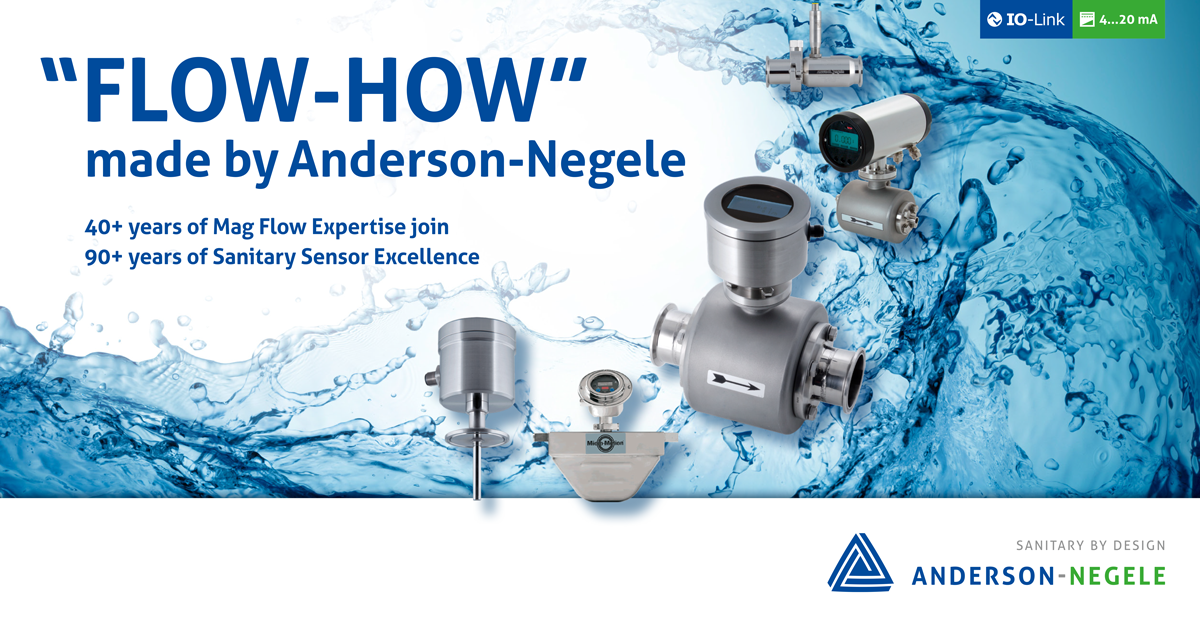The brewery took a creative approach to solve this problem. They built a pipeline under the city to transport the beer from their distinctive brewery to a bottling facility outside of town.
Since 1856, this brewery has been brewing right in the town center of Bruges. Their recent growth in popularity meant that they had to expand capacity to meet the demand. Keeping their historic location was critical as it meant the city would retain a unique tourist attraction and the brewery would not lose out on revenue generated from walk-ins and tours. However, transporting product from the brewery to a new bottling plant outside of town in tankers was far from ideal. Old, narrow streets in a bustling city center make trucking in the area a costly logistics dilemma. An innovative pipeline incorporating critical flow metering technology was devised to make this exceptional solution possible.
The Particular Requirements of a Beer Pipeline
There was much more to consider than merely moving the beer from one point to another. Installing the underground pipeline beneath the city was the first challenge. The second challenge was selecting flow meters that would ensure consistent beverage quality from the brewery to the bottling plant 3.2 kilometers away. This meant that the flow meter would have to accurately measure volume, temperature and flow. In a pipeline that moves a carbonated liquid, multiphase flow was another variable to consider. As well as maintaining clean pipes. After each transport, the brewery flushes the pipeline with cleaning fluids and then water before beer is transported again.

Another issue that the food and beverage industry must pay particular attention to is the minimum speed of fluids in a pipeline. In this case, to keep everything up to food safety standards, the liquids must move through at a volume of at least 3 meters/second. Additionally, a function to detect changes in CO2 would be particularly helpful as sample testing the beer while it is being transported in the pipeline is not possible.
Because this is a brewery, there was another layer of complexity in the form of the Plato scale; a measurement breweries use that indicates the concentration of sucrose as a percentage by weight. Sucrose or sugar determines the amount of fermentation that occurs, and the degrees Plato signifies the amount of alcohol content from fermentation in the final product. In the simplest terms, the percentage of alcohol in the beer had to be the same coming out as it was going into the pipeline. Having the right equipment and software would be crucial to the entire process.
Coriolis Meter Accomplishes the Precision and Accuracy Needed
The project was a significant investment, not just for the brewery, but the entire town. Not only did they want to choose a flow metering solution that could address each of these issues, but also one that could meet their high standards and be sustainable in the long run. Typically, breweries choose magnetic flow meters to meet their needs, but, in this case, the brewery chose the Coriolis flow meter to enable a continuous quality output.
The Coriolis flow meter allows for the entire process to be automated, controlling the beer and cleaning valves based on measurements. Monitored from a control screen, the plant manager can track every fluid during any part of the process and be confident that they are traveling at the minimum velocity necessary for food safety. Built-in self-calibrating diagnostics in the form of the Coriolis meter’s onboard meter verification tool will send a signal that changes are detected well before the quality of the beer is adversely affected.
Advanced phase measurement software in the transmitter continuously monitors for any changes in CO2 levels allowing the plant manager to make corrections proactively. Because this software adapts to the operating process, the brewery gains meaningful insights into everything happening in the lines at all times. There is no need for time-consuming sampling or tests due to this added layer of precision. This minimizes interruptions to the process.
Successful Implementation and On-going Results
The Brewery and the city of Bruges are thrilled with the results of this one-of-a-kind engineering project. Locals and tourists alike can continue to enjoy authentic, high-quality Belgian beer in the beautiful city center while the business meets increasing international demand for their product. The Bruges beer pipeline demonstrates what can be achieved with innovative vision, creative engineering, and the right equipment for the job.
Bio: Sebastian Hohenhoff is a Business Development Manager Flow at Emerson, where Sebastian develops the Food & Beverage business in Germany with nearly 10 years of experience in process industry, including identifying new market trends and taking care of customer pain points.




